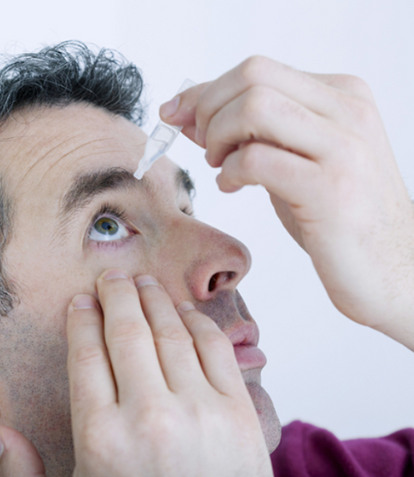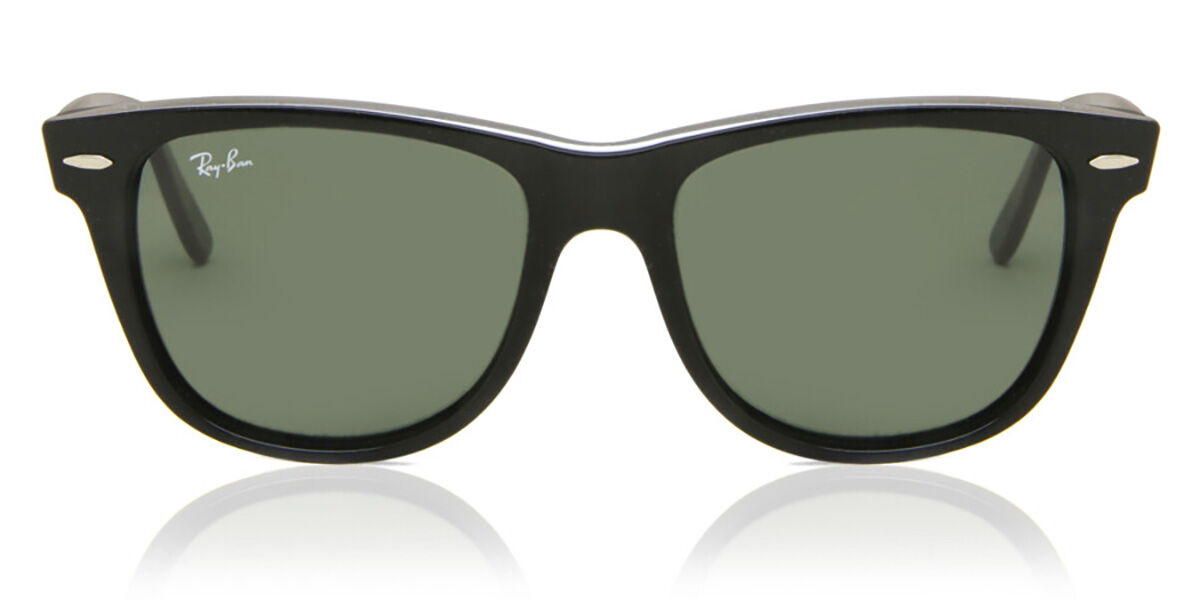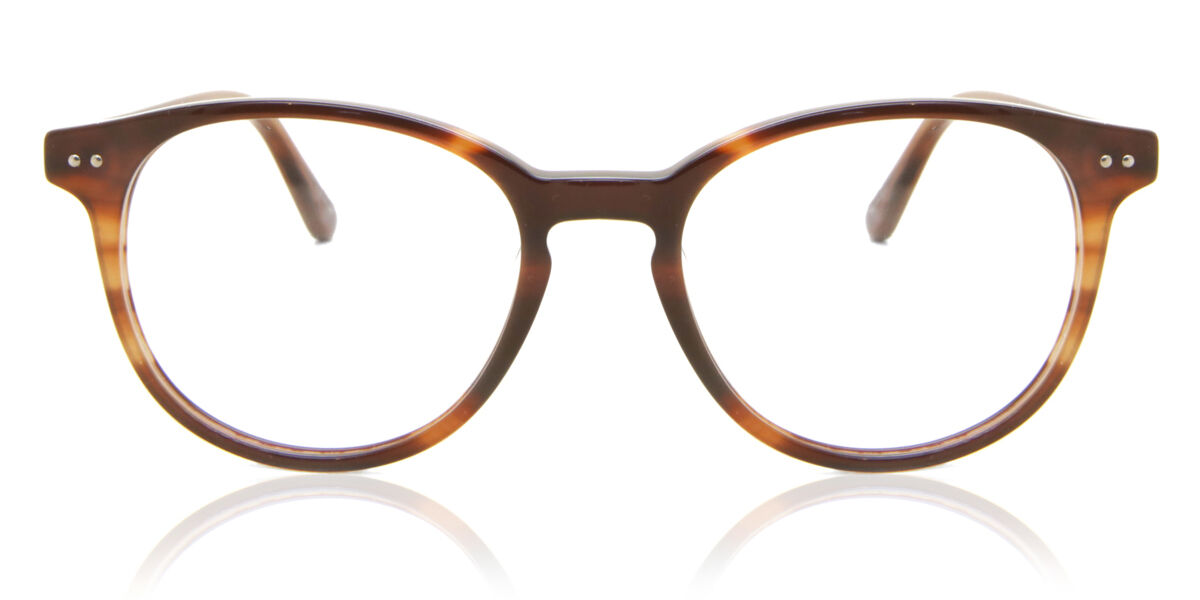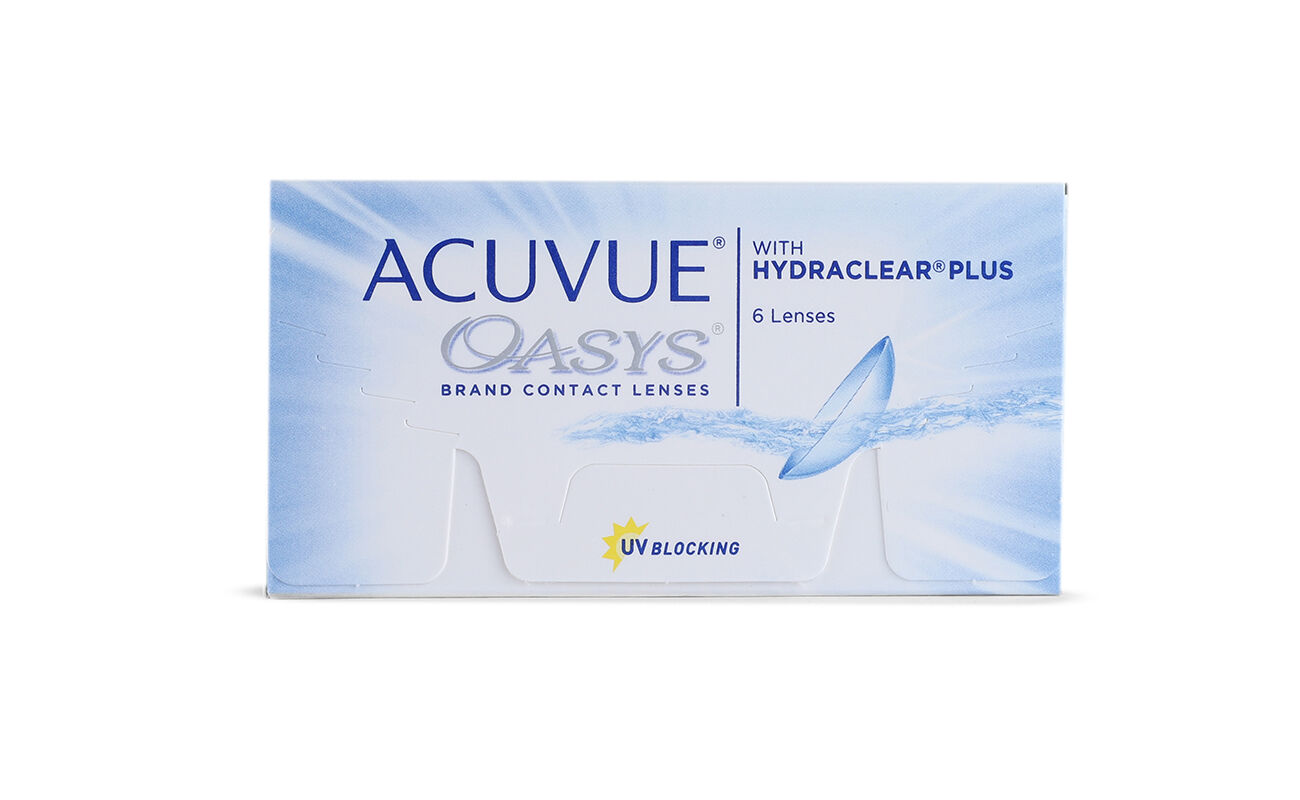

Dry Eyes - Causes and Treatments
A Pesky but Preventable Condition: Dry Eyes
Dry eye conditions are extremely common- in fact, nearly 40% of adults suffer from it. But- dry eyes are completely preventable, and you can read on to find out how!
Many aspects of modern society- using technological devices for long periods of time, spending time in polluted areas, and staying up late at night- may all contribute to dry eyes.
The factors of eye strain, air pollutants, and not getting enough sleep, can lead to “dry eye syndrome”- which is a lack or poor quality of tears, and can lead to discomfort in your eyes.
Symptoms of dry eye syndrome
Common symptoms of dry eyes include:
• Scratchy sensation
• Excessive tearing
• Contact lens discomfort
• Sensitivity to light
• Burning
• Tired eyes
If you suffer from a variety of these symptoms, you should consider the fact that you may have dry eye syndrome. For some symptoms there is an easy lifestyle fix that may alleviate the discomfort, though some are more serious and may need more professional diagnosis and treatment.
Causes of Dry Eyes
Some of the main causes of dry eyes include:
Contact lenses
Though contact lenses are perfectly safe to use, if you are not properly maintaining or wearing them, they may cause dry eyes. Sleeping in contacts that are not meant for overnight wear may also cause problems.
Age
Adults 50 years of age and older often experience dry eyes because of the natural slowdown in the eyelids’ tear production.
Allergies
If you suffer from seasonal allergies, they might be causing your dry eye symptoms. If this is the case, taking allergy medication may ease the problems.
Blepharitis
Though you may not have heard of it, blepharitis is actually the most common cause of dry eye syndrome. This condition occurs when the eyelid’s oil glands malfunctions, leading to eyelid inflammation and discomfort. If your dry eye symptoms are serious, blepharitis may be the cause.
Living in a city
Residing in an urban area may lead to dry eyes because of the often more polluted air in cities.
Daily habits and work environment
If you are working overly long hours or staring at technological device screens for long periods of time, your eyes are most likely receiving an unusually large amount of strain. Because of this, there is less natural tear gain, which could be triggering your dry eye symptoms.
- Heat/AC
Having air conditioning or heat pumped into your eyes may lead to dry eyes. to prevent this, simply adjust your heating systems accordingly and keep them off or low.
- Eye makeup
Powdery makeup that falls into your eyes is a major cause of eye discomfort. For those who wear a lot of makeup around their eyes, consider cutting down or using liquid-based makeup in order to lessen the symptoms of dry eyes.
- Using certain medication
Certain medication may cause dry eyes as a side effect. If you find this side effect uncomfortable, talk to your doctor about other options.
- Menstrual cycle, menopause, or pregnancy
These hormonal changes in your body may lead to discomfort in your eyes. Another possible cause is the use of contraceptives.
- Poor blinking habits
If you are a poor blinker or don’t blink often, this may be causing your dry eyes. As blinking is a key part of lubricating your eyes, this is an extremely important aspect that you may not be thinking of! If you are working long hours or staring at screens for long periods of time, make sure to keep blinking regularly and fully.
- Smoking
Smokers are twice as likely to develop dry eye symptoms as non-smokers. Because tobacco smoke is a serious eye irritant, quitting smoking could significantly improve your dry eye symptom, along with numerous other health benefits.
Though you may not know how to fix dry eyes right now, we can help out with that! Read on to see some of the ways to alleviate irritation and dryness.
HOW TO TREAT AND PREVENT DRY EYE SYNDROME
- Below are some of the best ways you can combat dry eyes:
• Use a humidifier at work and at home- • Take periodic breaks from your computer and technology use
• Lubricated eye drops
• Wear polarized sunglasses to protect your eyes from harmful UV radiation
• Eat a well-balanced diet of omega 3’s and a lot of Vitamin-A rich foods
• Increase daily water intake and reduce coffee drinking
• Quit smoking and avoid being around it
• Wear glasses on windy days to protect your eyes - Practice blinking more often
• Medicated eye drops - • Optimize your contact lens wearing habits
Please note, however, that if you are experience severe symptoms, you should consult an eye professional immediately. Prolonged dry eye syndrome can lead to eye infection or permanent cornea scarring.
Dry Eyes - Causes and Treatments
A Pesky but Preventable Condition: Dry Eyes
Dry eye conditions are extremely common- in fact, nearly 40% of adults suffer from it. But- dry eyes are completely preventable, and you can read on to find out how!
Many aspects of modern society- using technological devices for long periods of time, spending time in polluted areas, and staying up late at night- may all contribute to dry eyes.
The factors of eye strain, air pollutants, and not getting enough sleep, can lead to “dry eye syndrome”- which is a lack or poor quality of tears, and can lead to discomfort in your eyes.
symptoms of dry eye syndrome
Common symptoms of dry eyes include:
– Scratchy sensation
– Excessive tearing
– Contact lens discomfort
– Sensitivity to light
– Burning
– Tired eyes
If you suffer from a variety of these symptoms, you should consider the fact that you may have dry eye syndrome. For some symptoms there is an easy lifestyle fix that may alleviate the discomfort, though some are more serious and may need more professional diagnosis and treatment.
Causes of Dry Eyes
Some of the main causes of dry eyes include:
Contact lenses
Though contact lenses are perfectly safe to use, if you are not properly maintaining or wearing them, they may cause dry eyes. Sleeping in contacts that are not meant for overnight wear may also cause problems.
Age
Adults 50 years of age and older often experience dry eyes because of the natural slowdown in the eyelids’ tear production.
Allergies
If you suffer from seasonal allergies, they might be causing your dry eye symptoms. If this is the case, taking allergy medication may ease the problems.
Blepharitis
Though you may not have heard of it, blepharitis is actually the most common cause of dry eye syndrome. This condition occurs when the eyelid’s oil glands malfunctions, leading to eyelid inflammation and discomfort. If your dry eye symptoms are serious, blepharitis may be the cause.
Living in a city
Residing in an urban area may lead to dry eyes because of the often more polluted air in cities.
Daily habits and work environment
If you are working overly long hours or staring at technological device screens for long periods of time, your eyes are most likely receiving an unusually large amount of strain. Because of this, there is less natural tear gain, which could be triggering your dry eye symptoms.
- Heat/AC
Having air conditioning or heat pumped into your eyes may lead to dry eyes. to prevent this, simply adjust your heating systems accordingly and keep them off or low.
- Eye makeup
Powdery makeup that falls into your eyes is a major cause of eye discomfort. For those who wear a lot of makeup around their eyes, consider cutting down or using liquid-based makeup in order to lessen the symptoms of dry eyes.
- Using certain medication
Certain medication may cause dry eyes as a side effect. If you find this side effect uncomfortable, talk to your doctor about other options.
- Menstrual cycle, menopause, or pregnancy
These hormonal changes in your body may lead to discomfort in your eyes. Another possible cause is the use of contraceptives.
- Poor blinking habits
If you are a poor blinker or don’t blink often, this may be causing your dry eyes. As blinking is a key part of lubricating your eyes, this is an extremely important aspect that you may not be thinking of! If you are working long hours or staring at screens for long periods of time, make sure to keep blinking regularly and fully.
- Smoking
Smokers are twice as likely to develop dry eye symptoms as non-smokers. Because tobacco smoke is a serious eye irritant, quitting smoking could significantly improve your dry eye symptom, along with numerous other health benefits.
Though you may not know how to fix dry eyes right now, we can help out with that! Read on to see some of the ways to alleviate irritation and dryness.
HOW TO TREAT AND PREVENT DRY EYE SYNDROME
Below are some of the best ways you can combat dry eyes:
– Use a humidifier at work and at home
– Take periodic breaks from your computer and technology use
– Lubricated eye drops
– Wear polarized sunglasses to protect your eyes from harmful UV radiation
– Eat a well-balanced diet of omega 3’s and a lot of Vitamin-A rich foods
– Increase daily water intake and reduce coffee drinking
– Quit smoking and avoid being around it
– Wear glasses on windy days to protect your eyes
Practice blinking more often
– Medicated eye drops
-Optimize your contact lens wearing habits
Please note, however, that if you are experience severe symptoms, you should consult an eye professional immediately. Prolonged dry eye syndrome can lead to eye infection or permanent cornea scarring.










































